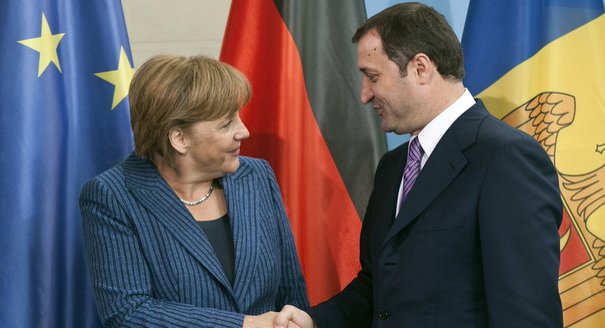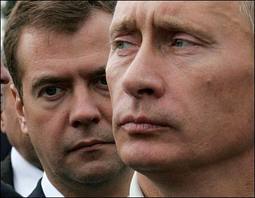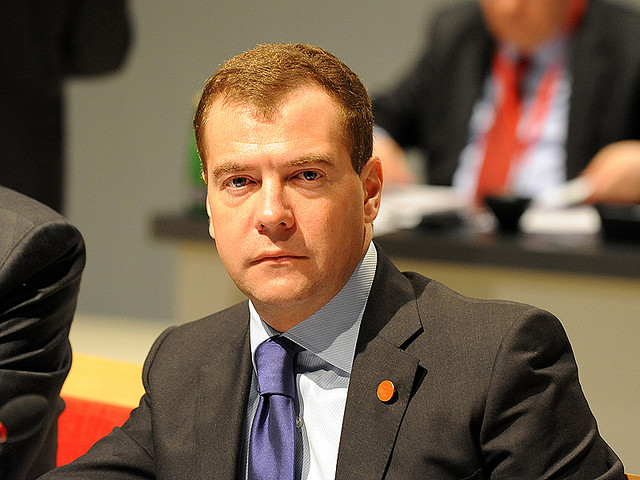
Moldova: At the Crossroads between Russia and the European Union
On August 22, 2012, German Chancellor Angela Merkel conducted an important one-day visit to Moldova to celebrate 20 years of German-Moldovan cooperation. Some of the key topics of discussion during her visit were a potential resolution of the Transnistrian conflict, triggered by the self-proclaimed independence of this Moldovan region in 1990 and suspended by the 1992 ceasefire, as well as Moldova’s integration into the European Union (EU). Indicative of the importance of this visit was the fact that the German Chancellor took part in the visit personally, rather than sending a lower ranking representative to address her Moldovan counterpart. Most commentators who have analyzed Merkel’s visit have played down its importance, arguing it merely represents a strengthened effort to resolve …

Russia: Gubernatorial Elections to be Re-Introduced, Party Registration Requirements Lowered
Following the safe re-election of Vladimir Putin to the Russian presidency on March 4th, the Russian government looks set to complete yet another round of institutional tinkering. Gubernatorial elections, abolished in 2004 following the Beslan Crisis, are set to be re-introduced. Governors will be elected for five year terms, serving a maximum of two terms. A second reading of the Bill will take place in the near future, and the final shape of the legislation is still uncertain. There is disagreement between the political parties in the Duma about how the ‘presidential filter’ (consultations between political parties and the President over who can be a candidate) will work. Meanwhile, the Federation Council has passed legislation aimed at making it easier …

Electoral Reform in Russia: End of the Line for the ‘Locomotives’
Russia’s out-going president, Dmitry Medvedev, has submitted a bill to the State Duma proposing that parties should be banned from fielding ‘fake’ candidates at the top of regional lists for Duma elections. These candidates, usually well-known or popular figures, are referred to in Russian as parovozy(locomotives), and have no intention of taking up seats in the Duma. They appear on the ballot paper solely to attract voters. Following the election, they cede their seats to lesser-known candidates further down the list. Medvedev’s proposals are part of a wider programme of electoral reform, including the re-introduction of gubernatorial elections, which were abolished in 2005. Directly appointed governors had become a liability to the Kremlin in recent years: as an unintended consequence of its …









